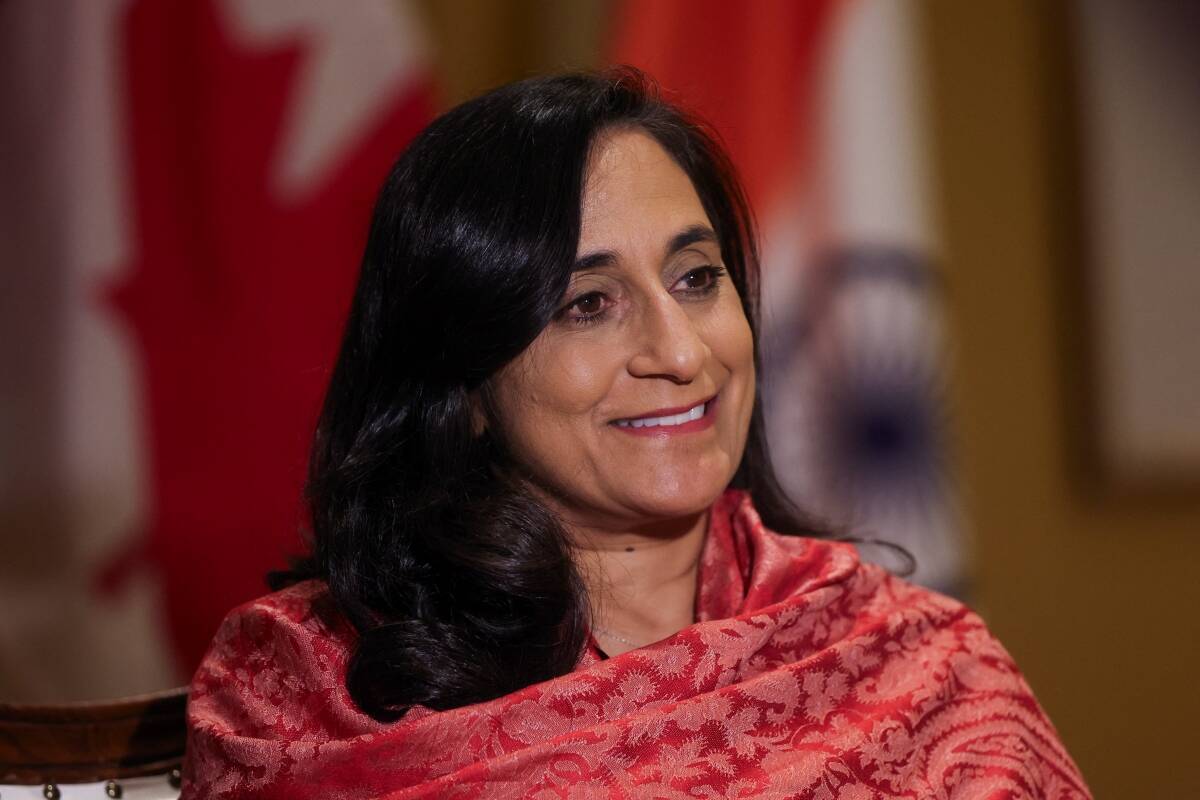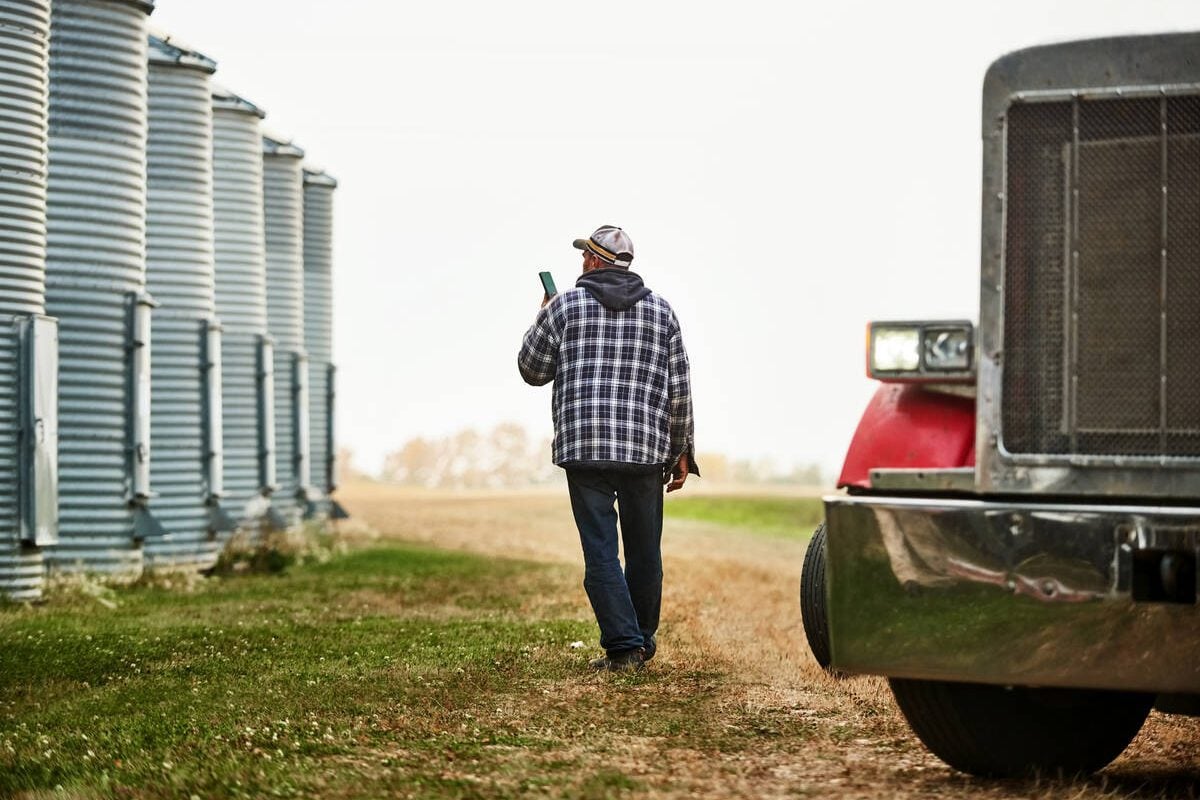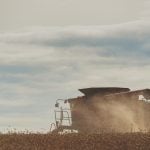Glacier FarmMedia — Administrators of the Advance Payment Program say changes are required to make it more predictable yet flexible.
Dave Gallant, vice-president of finance and APP operations at the Canadian Canola Growers Association, said the program has moved beyond what it was originally intended to be. The legislation says it is supposed to improve marketing opportunities for farmers by advancing them working capital, yet most farmers are using it in the spring for cash flow.
Read Also

Canada and China discuss disputes over canola and EVs, says Ottawa
Senior Canadian and Chinese officials discussed bilateral trade disputes involving canola and electric vehicles on Friday, Ottawa said, but gave no indication of any immediate breakthrough.
“Over 65 per cent of the dollars we do, and we do about $2.5 billion a year, use the program from April 1 to the end of July,” he told the Canadian Federation of Agriculture policy summit here.
“A full third of the farmers are using it for its really true basic intended purpose, which is cash flow in the fall so they can pay their bills, so that they can actually develop a marketing plan to maximize the revenue from the products that they produce.”
Few livestock producers use program
Scott Clark, vice-president of marketing and communications at Agricultural Credit Corp., said farmers tell him it allows them to save money on borrowing when other costs keep going up.
ACC is a not-for-profit formed by a coalition of farm organizations to administer the APP and other financing.
The summit heard that very few livestock producers use the program, perhaps one in 10, and that supply managed farms are ineligible even though they may also be producing crops.
Gallant also said the federal government has to stop treating farmers who use the program as if they will all default. It requires the administrators to assess the credit worthiness of all applicants, even if they’ve used it for years without problems.
Other discussions during the day focused on innovation and regulation, competitiveness, trade and succession planning.
Canadian Pork Council re-joins CFA
Meanwhile, a former CFA member is back in the fold.
The Canadian Pork Council, representing nine provinces and 7,000 farms, has rejoined the country’s largest farm organization after leaving it in 2013 over trade policy.
At the time, the council said trade protectionists dominated the organization, but Steven Heckbert said times have changed.
The executive director of the CPC said it was time to join forces with other commodities given the trade uncertainties.
“There’s all sorts of trade pressures on us but also on agriculture as a whole,” he said.
Heckbert said the board wants a common voice for the entire industry, particularly as it deals with the United States.
More to come.
















